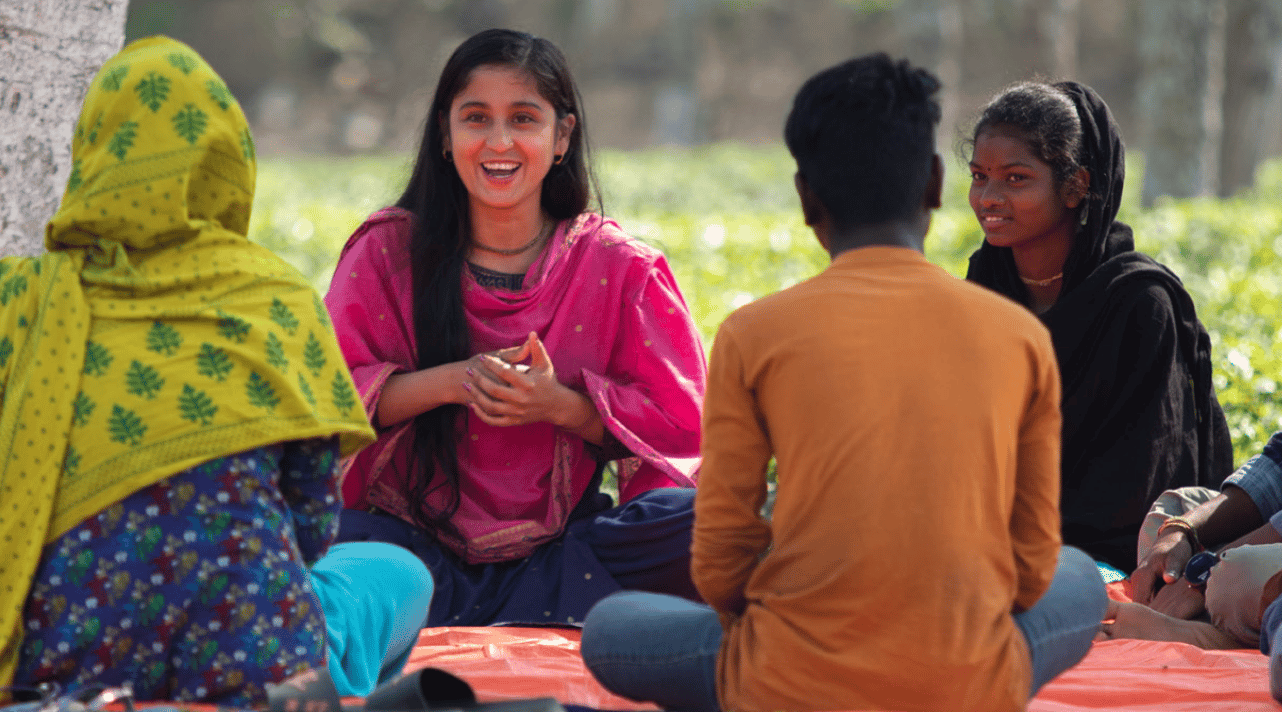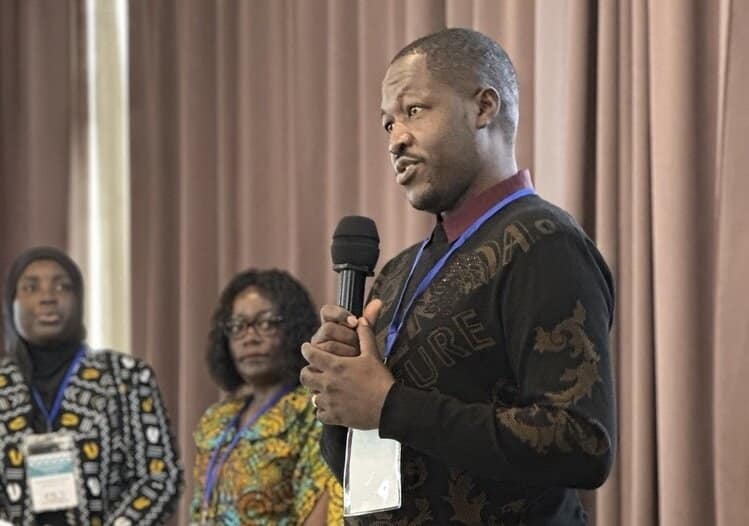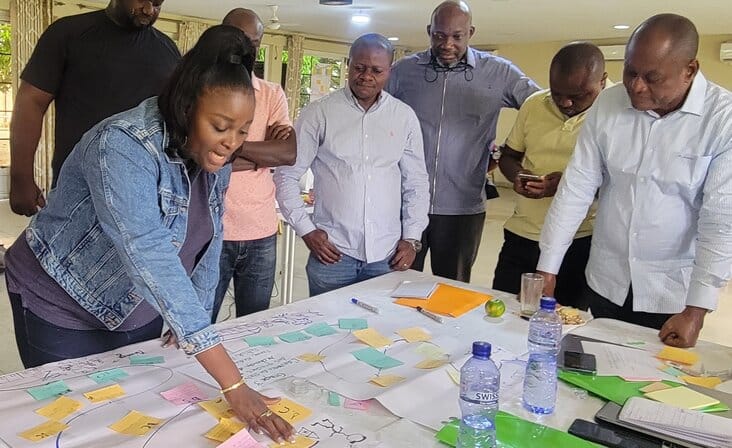Thirteen months ago, they started gathering signatures, in person, on Facebook, wherever they could get them. Their goal: To get one million Bangladeshis to sign a pledge vowing never to excuse child marriage and committing to doing everything they can to stop others from engaging in the practice.
With the mission accomplished, USAID Mission Director Kathryn D. Stevenson Saturday presented a petition signed by more than one million people to Fazilatun Nessa Indira, state minister for Women and Children Affairs in Bangladesh. The signatures were collected as part of the USAID-funded Ujjiban project, which is run by a consortium led by the Johns Hopkins Center for Communication Programs, with support from partners Save the Children and the Bangladesh Center for Communication Programs.
“The prevention of child marriage can be made possible by working together, raising awareness and changing outlook,” Indira told those in attendance, according to the Bangladesh New Age website. “Achieving economic development without women is impossible.”
Girls who marry early receive less education, have lower social status in their husbands’ families, report less reproductive control, suffer higher rates of maternal mortality and morbidity and experience domestic violence.
“It may seem that it is only the adolescent girls are the victims of child marriage,” said CCP’s Faisal Mahmud, the chief of party in Bangladesh. “But in reality, child marriage brings worse consequences to the family and to the whole nation.”
One of the United Nation’s Sustainable Development Goals is to end the practice by 2030 and the country has vowed to do so by 2041.
Child marriage is illegal in Bangladesh but uprooting such an entrenched practice is challenging. It requires intervening at the policy level, ensuring compliance to laws banning child marriage and changing norms among communities and families.
According to a 2020 UNICEF report, “Bangladesh is home to 38 million child brides, including currently married girls along with women who were first married in childhood. Of these, 13 million married before age 15.” Bangladesh has the highest prevalence of child marriage in South Asia and ranks among the 10 countries in the world with the highest levels of child marriage.
For CCP’s five-year Ujjiban project, ending child marriage has been a top priority. Recent research suggests that COVID-19 has led to a spike in child marriages in Bangladesh.
Changing negative perceptions is an important first step in changing norms around child marriage. The “Actions to Prevent Child Marriage” campaign moved the needle on negative perceptions toward child marriage as part of a long-term strategy to protect girls’ childhoods and rights.
According to an endline study on the project, exposure to any Ujjiban-facilitated content was associated with negative perceptions of child marriage, with 83 percent of adolescents exposed to Ujjiban-facilitated content reporting highly negative attitudes toward child marriage compared to 71 percent of adolescents who were not exposed to the content.
“There is [a] friend of mine … her father used to talk about getting her married for a long time … but after the [Ujjiban-facilitated] workshop we made him understand,” one 15-year-old girl told researchers.
The Ujjiban project sparked many such stories of success.
Sheema Rani Shil, 19, grew up in Sylhet in a tea garden, a plantation in Bangladesh where tea is harvested. People there are very poor with the average tea garden worker earning 120 takas a day (roughly $1.26 U.S.). “Because of this,” Sheema says, “many families get their daughters married as early as possible.”
Sheema is a peer leader of an adolescent club in the Habibnagar tea garden which she facilitates with the help of Ujjiban. She is the go-to person for advice and guidance on health and social issues for the community’s young people.
So, when two families were recently planning to marry off their underaged daughters in secrecy, it wasn’t long before Sheema heard about it. Sheema and her peers tried to speak to the parents of the potential brides, to no avail. They spoke to the local village council and their teachers, even organizing a protest.
The teachers spoke to the families and then the police visited as well. After being told that marrying off their underaged daughters is illegal, the parents promised to call off the weddings.
“There was another child marriage that was [also] fixed in secrecy. The family called it off as soon as they saw what happened with these two,” Sheema said.





